Though its money is welcome, we should have no illusions that China is a normal investor that plays by our rules
Calgary Herald
"The "China Syndrome" describes a nuclear meltdown in which molten material from an American nuclear reactor blasts a hole through the Earth's crust and reaches China. It could just as well describe the consequences of the U.S. financial and economic meltdown, which has left China with trillions of U.S. dollars that it is now using to go on a global shopping spree to meet its insatiable demand for oil, copper, iron ore, aluminum and other minerals while reducing its exposure to a fall in the value of the increasingly vulnerable U.S. dollar.
Should we be worried that China is eying Canada's oilsands and mineral deposits? The short answer is yes. China is in the lead of those countries whose actions represent a return to state sponsored capitalism.
In the 17th century, British and Dutch imperial power was exercised through two corporations, the British East India Company and the Dutch East India Company. These were joint stock corporations that operated under royal charter and enjoyed huge monopolies over trade in cotton, silk, tea, opium and other commodities. They were backed by the independent fire power of the British and Dutch army and navy. These companies had the power to establish colonies, wage war, negotiated treaties and make peace. If you got in their way, you did so at your peril. They were the engines of the British and Dutch empires and their success was founded on the mercantilist belief that a country's wealth depends on a secure supply of raw materials, the accumulation of capital, a trade balance that favours exports over imports, and tightly controlled markets.
Students of Canadian history will recall that the Hudson's Bay Company (very much modelled on the British East India Company) was the extension of British imperial power in Canada. Incorporated under a royal charter in 1670, it exercised exclusive control over a vast territory in Canada, and guaranteed a steady supply of fur (for trade in Europe) and timber to build the ships of the Royal Navy.
China's 21st-century brand of mercantilism has somewhat different origins though the goals are the same. China has artificially manipulated its exchange rate to guarantee favourable terms of trade and consequently has run up huge trade and capital count surpluses with the U.S. and to a lesser extent Europe and other nations." More>>>>
Related Common Ground United post:
Greenpeace shuts down oil sands mine in Canada


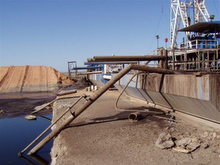














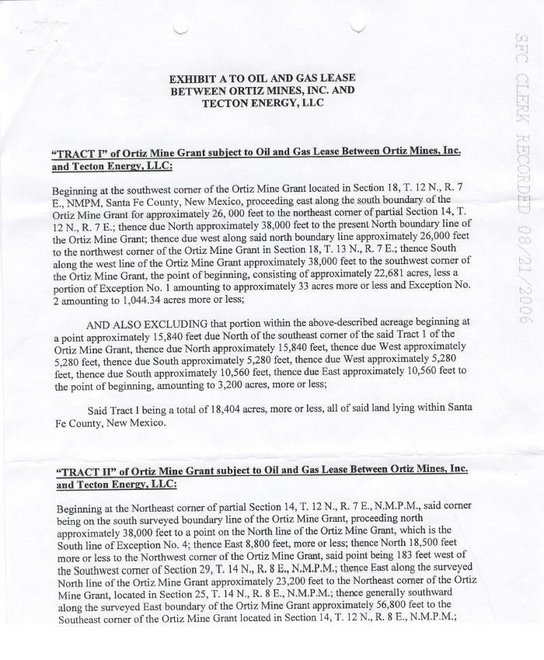
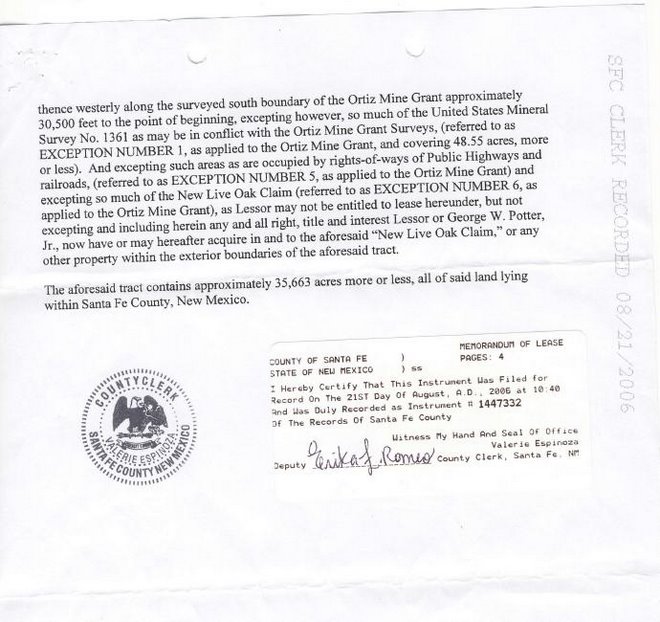


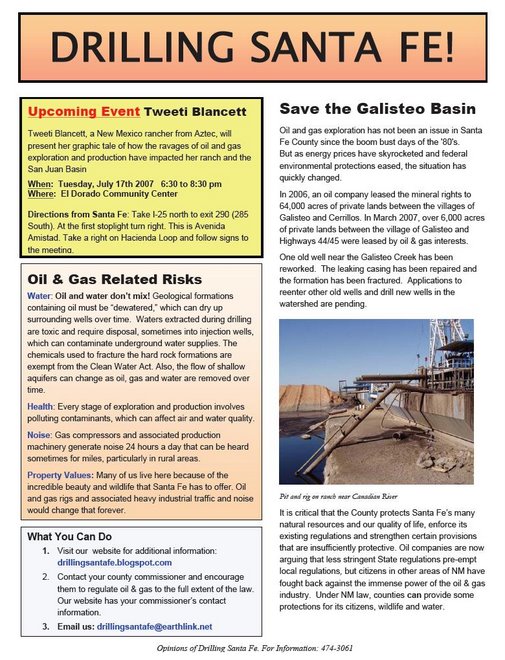
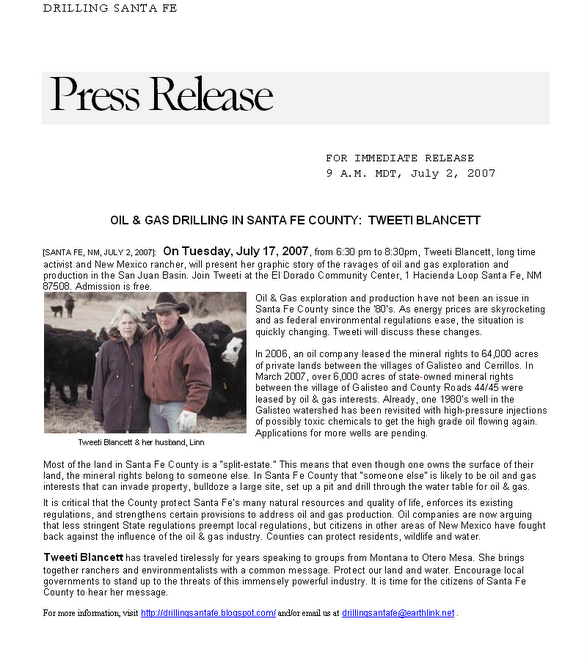
No comments:
Post a Comment